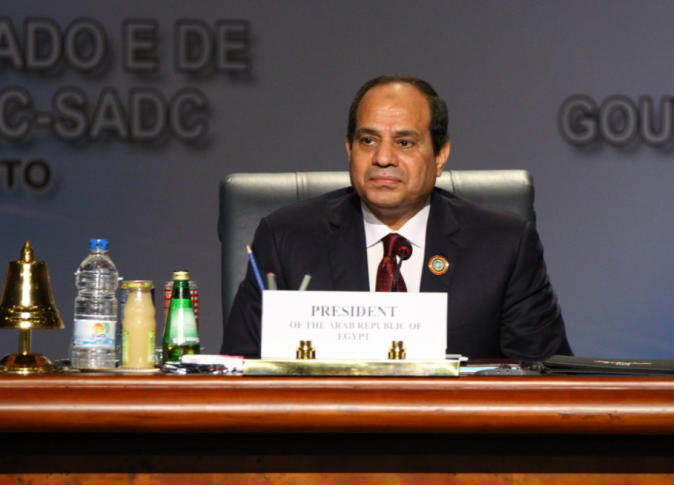In his article in Al-Masry Al-Youm on 13 January 2015, columnist Suleiman Gouda criticized the method by which governors are appointed. He was perfectly right, especially as we are building a modern, democratic and civil state.
While the average citizen is not directly affected by the major policies of the state, his daily life is directly affected by the performance of the local administration of the village or even the neighborhood of his city. He only knows of the major policies from what his family or friends tell him. Sociologists in the West called this the “Native Son” theory, which the Egyptian sociologist Hamid Ammar talked about in his book “Growing up in an Egyptian Village” in the 1950s.
Former US President Ronald Reagan was right when he said after reports on the reactions of a summit meeting with Gorbachev that politics in the end is all about how the people in his hometown Eureka, Illinois feel.
Citizenship starts with the individual feeling as part of a small family that includes his parents, brothers and uncles, then as part of a bigger family that includes his villagers or neighbors in the city he lives in.
Affinity with people and places produces leaders that enjoy the confidence of the people around them. They are the most willing and able to serve them and address their problems.
That is why political parties in Western democratic countries and emerging democracies in the third world like India, Brazil, Mexico and Argentina are keen on training local leaders to manage their branches. They are then nominated for local councils and other higher positions.
By the way, this is how Erdogan came to power from a captain of a football team in a small town near the city of Izmir. When he did well, the people persuaded him to run for mayor of Izmir, as this city, if not the whole of Turkey, had a reputation of being a corrupt place.
In five years, Erdogan succeeded in cleansing the city's administration of corruption and corrected its budget, which qualified him to another five years as mayor, during which he was able to grow the city's economy more than Istanbul’s and attract to it huge investments from inside Turkey and from Turkish immigrants living in Europe, especially in Germany.
Erdogan's success encouraged the young members of his party, the Justice and Development Party, to do like he did in other Turkish cities. With this, a new capitalist class emerged, combining social services and economic growth, which has become known as the “Green Capitalism.”
But they kept their Islamic reference, as most of them had graduated in the 1970s and 1980s from religious schools, called Imam Khatib Schools, in which the curriculum combined modern science and the Sharia.
That is why we repeat what Reagan said 40 years ago and Erdogan proved in the last thirty years, that politics starts from the local municipalities.
Those who crafted the Egyptian Constitution in 2014 did well when they included articles to ensure a fair representation of the youth, women, Copts and other groups that have long been marginalized.
And in order to complement this right approach, we recommend that governors should be elected and granted the powers of the president in their governorates, provided that they should not exceed a maximum of three terms of four years each.
Our revolution continues until we achieve an uncompromised democracy.
Edited translation from Al-Masry Al-Youm




